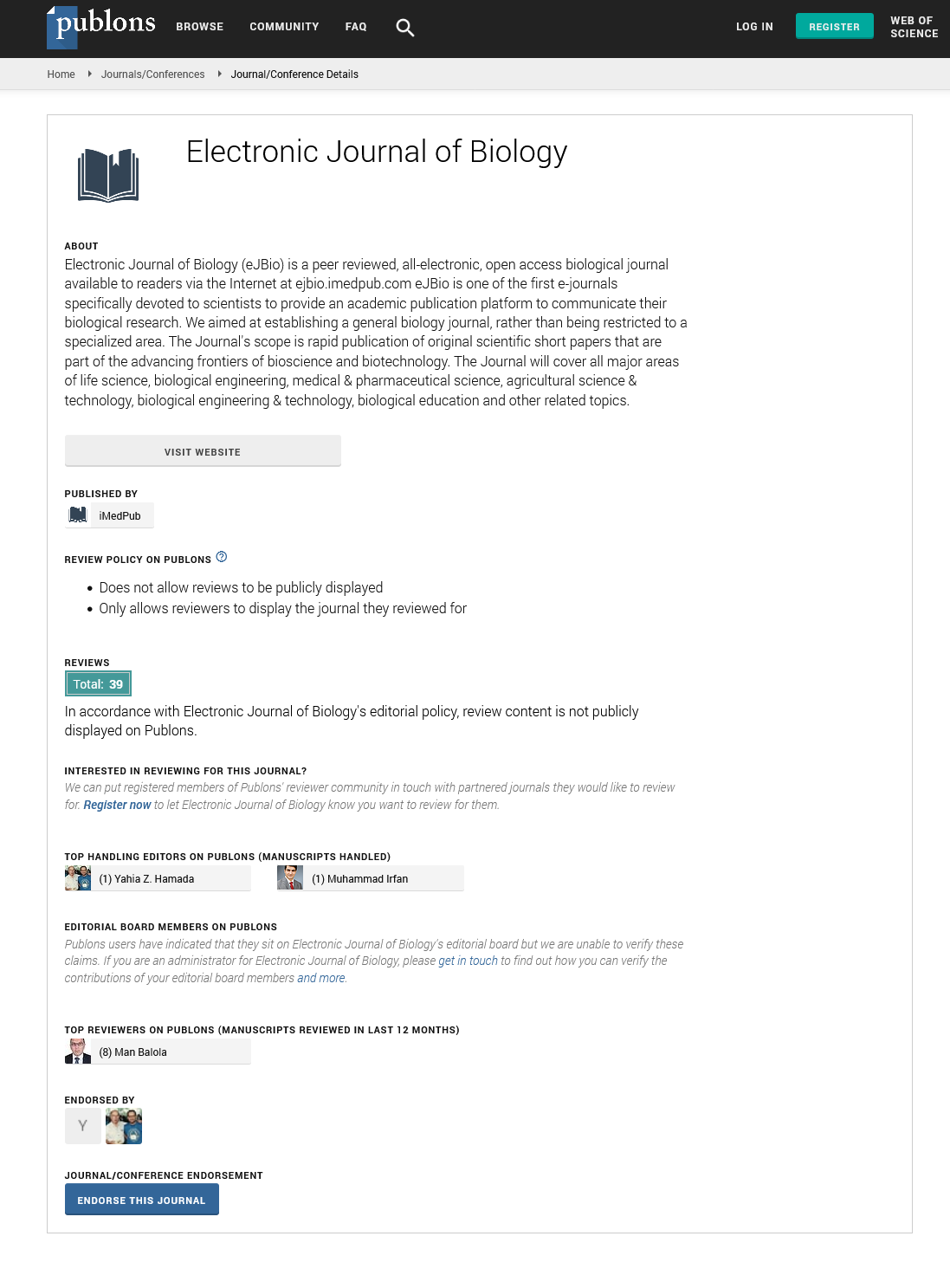Abstract
Investigation the Effects of Curcumin on Serum Hepatic Enzymes Activity in a Rheumatoid Arthritis Model
Curcumin (diferuloylmethane) is the most active component of Curcuma longa L. Several clinical trials have found curcumin to be a notable anti- inflammatory and antioxidant compound. The present study evaluates the effects of curcumin and indomethacin treatment on the inflammatory responses and on plasma phosphatase and transaminase activities, employing an adjuvant–induced arthritis model in rat. Arthritis was induced by the subcutaneous injection of a Freund’s complete adjuvant into the plantar surface of right hind paw of rats. Development of the inflammatory response was assessed over a 21-days period. In this study a sample of 32 male Wistar albino rats (180-220 gr) were used which randomly divided into four groups with eight rats per group. Group I served as normal control rats (untreated), group II arthritic rats which received vehicle, group III arthritic rats treated with curcumin (30 mg/Kg orally) and another group, arthritic rats treated with indomethacin (3 mg/Kg reference drug orally). Treatment was started from 7th day of adjuvant injection and was terminated on day 21. At the end of the experimental period, the animals were anesthetized and killed; blood samples were collected and prepared for measurement of alkaline phosphatase (ALP), aspartate (AST) and alanine aminotransferase (ALT) activities.
The results indicated that inflammation and plasma ALP, AST and ALT activities were very elevated in the arthritic rats and curcumin treatment to similar indomethacin were significantly reduced the swelling of paws and plasma ALP, AST and ALT activities in arthritic rats.
In conclusion, the present data suggest that aminotransferases and alkaline phosphatase were significantly reduced in arthritic rats after the administration of curcumin. This reducing effect may be related to their anti-inflammatory activity.
Author(s): Fatemeh Aghaei Borashan, Mino Ilkhanipoor, Mohammad Hashemi, Farah Farrokhi
Abstract | Full-Text | PDF
Share this

Google scholar citation report
Citations : 5001
Electronic Journal of Biology received 5001 citations as per google scholar report
Electronic Journal of Biology peer review process verified at publons
Abstracted/Indexed in
- Google Scholar
- China National Knowledge Infrastructure (CNKI)
- CiteFactor
- Electronic Journals Library
- Zoological Records
- WorldCat
- Proquest Summons
- Publons
- MIAR
- Openaccessarticles.com
- Secret Search Engine Labs
Open Access Journals
- Aquaculture & Veterinary Science
- Chemistry & Chemical Sciences
- Clinical Sciences
- Engineering
- General Science
- Genetics & Molecular Biology
- Health Care & Nursing
- Immunology & Microbiology
- Materials Science
- Mathematics & Physics
- Medical Sciences
- Neurology & Psychiatry
- Oncology & Cancer Science
- Pharmaceutical Sciences


